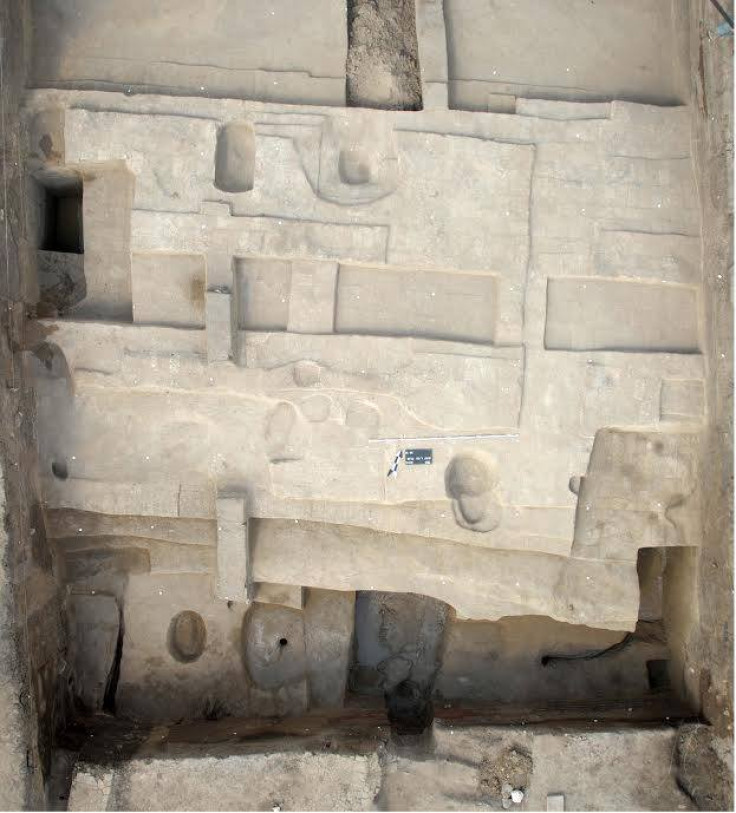Egypt: Discovery of 500m wall almost 4000-years-old hints at unknown ancient city near Avaris

A wall that may be the remains of a previously unknown ancient city has been discovered in Egypt. The Egyptian Ministry of Antiquities released a statement saying that a huge wall which dates back to the Middle Kingdom – between 2,000BC and 1,700BC – was unearthed in the Tell el-Dab'a area of Avaris, north-east of Cairo.
A report from the Mission read: "The wall is more than seven meters wide and at least 500 meters long. It was constructed of whitish-yellow sandy bricks, and is built on top of a natural sandy bank. It is aligned with a long and deep depression to the east which may be interpreted as a harbour. The wall, most probably a city wall, controls the access between this depression and the densely settled city quarters to the west."
The wall was discovered by the Austrian Archaeological Institute, said Antiquities Minister Dr Mamdouh Eldamaty. However, he did not state when the wall was found.
Furthermore, Eldamaty said that the excavation will reveal much more about Avaris, which was one of the most important cities in the Middle Kingdom and the capital of the Hyksos in the Second Intermediate Period. Nonetheless, more excavations are needed in the area as it is now covered in agricultural land.
© Copyright IBTimes 2024. All rights reserved.






